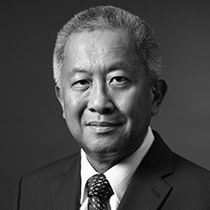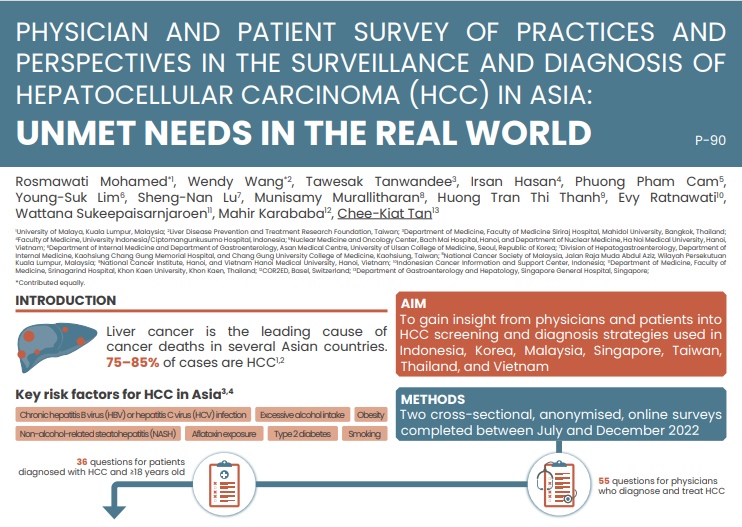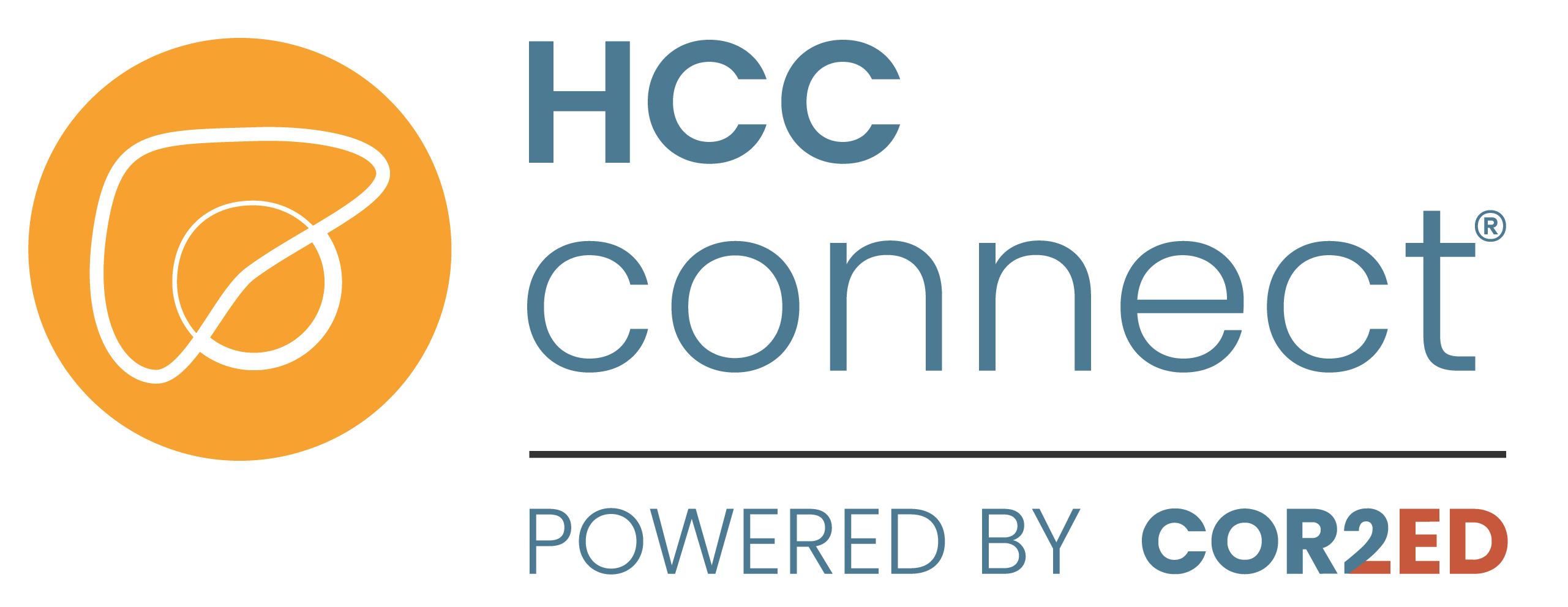A group of international and multidisciplinary clinical experts and Patient Advocacy Group representatives conducted a survey to investigate screening, therapeutic strategies and patient journeys of hepatocellular cancer (HCC) across the Asia Pacific region. These findings were presented at the poster tour at the opening ceremony of ILCA.
As liver cancer is the leading cause of cancer deaths in several Asian countries, these data can provide insight into the national approach to HCC management for each country, potential areas for improvement, and what to prioritise to shape national policies to improve outcomes for patients.
Clinical Takeaways
- The awareness of risk factors related to HCC should be increased among both primary care providers and the general Asian population
- Healthcare practitioners should monitor and manage treatment side effects, maintain a strong communication with patients and deploy trained nurses or case managers in the healthcare team to enhance patient education and support throughout the HCC patient journey
- There is a need to improve patient access to HCC treatment options known to extend survival rates, such as atezolizumab + bevacizumab
Authors
Prof. Rosmawati Mohamed*1, Wendy Wang*2, Tawesak Tanwandee3, Irsan Hasan4, Phuong Pham Cam5, Young-Suk Lim6, Sheng-Nan Lu7, Munisamy Murallitharan8, Huong Tran Thi Thanh9, Evy Ratnawati10, Wattana Sukeepaisarnjaroen11, Mahir Karababa12, Prof. Chee-Kiat Tan13
1University of Malaya, Kuala Lumpur, Malaysia; 2Liver Disease Prevention and Treatment Research Foundation, Taiwan; 3Department of Medicine, Faculty of Medicine Siriraj Hospital, Mahidol University, Bangkok, Thailand; 4Faculty of Medicine, University Indonesia/Ciptomangunkusumo Hospital, Indonesia; 5Nuclear Medicine and Oncology Center, Bach Mai Hospital, Hanoi, and Department of Nuclear Medicine, Ha Noi Medical University, Hanoi, Vietnam; 6Department of Internal Medicine and Department of Gastroenterology, Asan Medical Centre, University of Ulsan College of Medicine, Seoul, Republic of Korea; 7Division of Hepatogastroenterology, Department of Internal Medicine, Kaohsiung Chang Gung Memorial Hospital, and Chang Gung University College of Medicine, Kaohsiung, Taiwan; 8National Cancer Society of Malaysia, Jalan Raja Muda Abdul Aziz, Wilayah Persekutuan Kuala Lumpur, Malaysia; 9National Cancer Institute, Hanoi, and Vietnam and Hanoi Medical University, Hanoi, Vietnam; 10Indonesian Cancer Information and Support Center (CISC), Indonesia; 11Faculty of Medicine, Khon Kaen University, Khon Kaen, Changwat Khon Kaen, Thailand; 12COR2ED, Basel, Switzerland; 13Department of Gastroenterology and Hepatology, Singapore General Hospital, Singapore






 Downloadable
Downloadable  5 MIN
5 MIN
 Jun 2025
Jun 2025 






